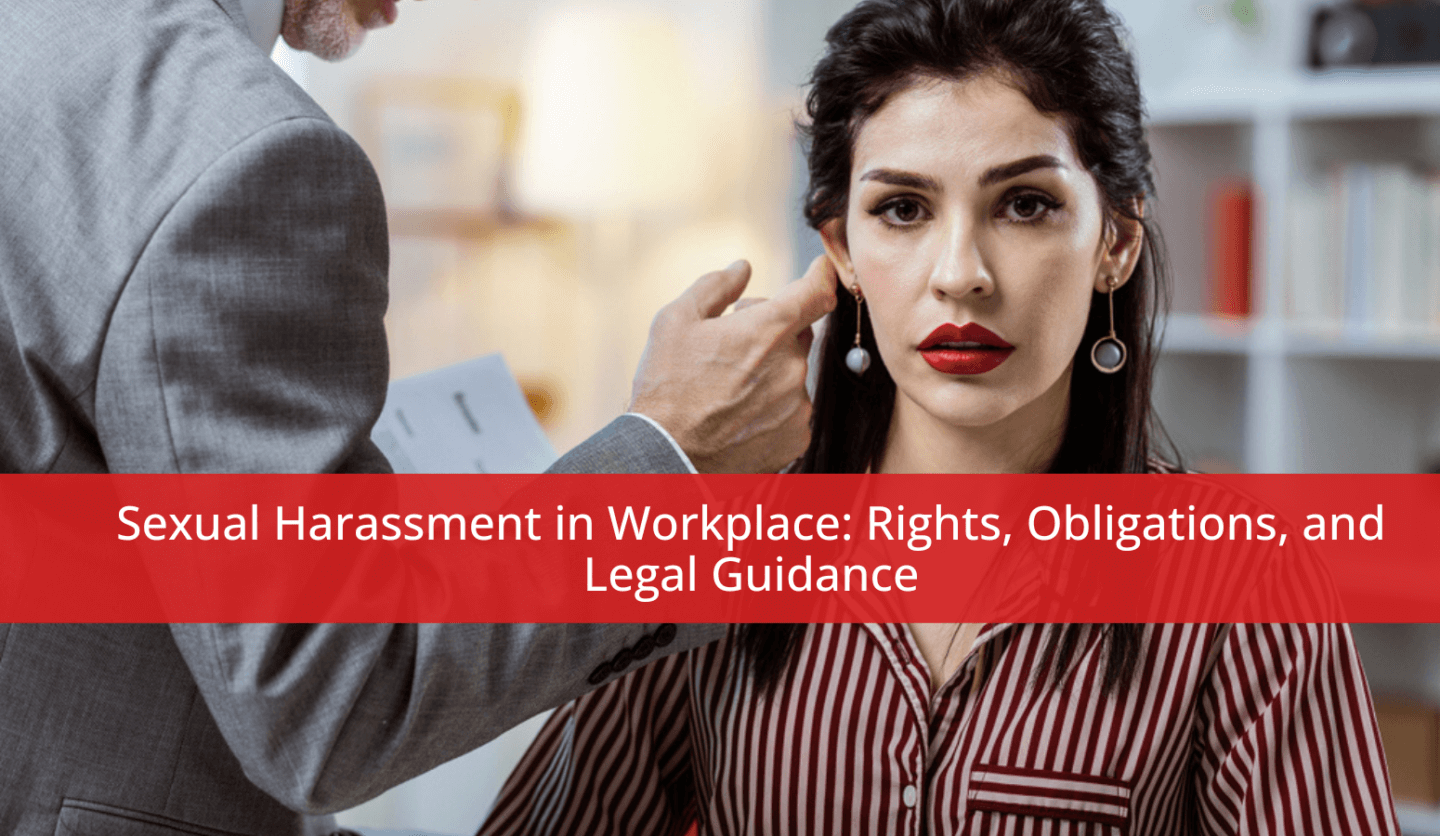
Sexual Harassment in Workplace: Rights, Obligations, & Legal Guidance
What constitutes sexual harassment in the workplace?
Sexual harassment in the workplace is a significant issue and one that, unfortunately, continues to persist despite legislative protections that are in place.
The Supreme Court of Canada explains sexual harassment as “unwelcome conduct of a sexual nature that affects the work environment or leads to adverse job-related consequences for the victims of the harassment.”
Ontario’s Occupational Health and Safety Act confirms that employers have a duty to provide a safe workplace that is free of harassment. Further, the Act confirms that employers have an additional duty to investigate a complaint of workplace harassment, and that employers are not allowed to retaliate against an employee for raising a legitimate harassment concern. Employers also need to create policies that address workplace harassment so that employees are aware of the resources they have if they need to report such an issue. Employers need to be sure to treat harassment complaints seriously and to ensure that each complaint is properly investigated. Employers should ensure that they provide a safe workplace where employees feel able to raise concerns of sexual harassment without fear of retribution.
What forms can sexual harassment take in the workplace?
Unfortunately, a recent survey from Statistics Canada revealed that, despite the Act’s purported protection against sexual harassment, almost 50% of women and 30% of men report experiencing some form of workplace harassment or sexual harassment. Sexual harassment can come in many forms. It includes a wide range of unwanted behaviour of a sexual or gender-related nature, including but not limited to:
- verbal comments, including dirty jokes and innuendos
- bragging about sexual conquests
- non verbal communication, such as gestures
- behaviour related to sexually explicit materials
- unreasonable solicitations, such as repeatedly asking for dates
- unwanted physical contact
- suggested sexual relations
- unwanted sexual touching
Sexual harassment extends beyond the confines of the workplace and standard business hours. It can occur when a colleague from work engages in sexually inappropriate behavior outside of normal business hours.
How can Whitten & Lublin assist dealing with workplace sexual harassment?
Both employees and employers alike can benefit from legal advice to better understand their rights and obligations with regards to sexual harassment. We at Whitten & Lublin are happy to provide insight and advice into your specific circumstances. If you are looking for employment lawyers and would like more information about what Whitten & Lublin can do for you, please contact us online or by phone at (416) 640-2667 today.
Author – Nasyr Asmi



